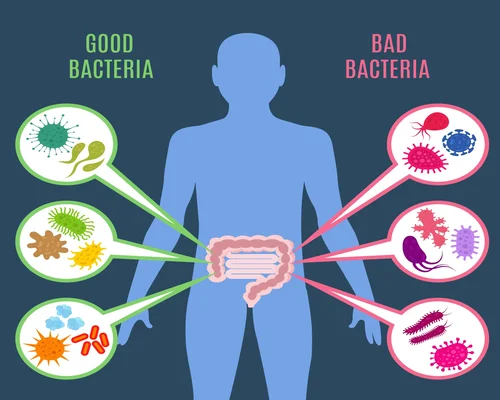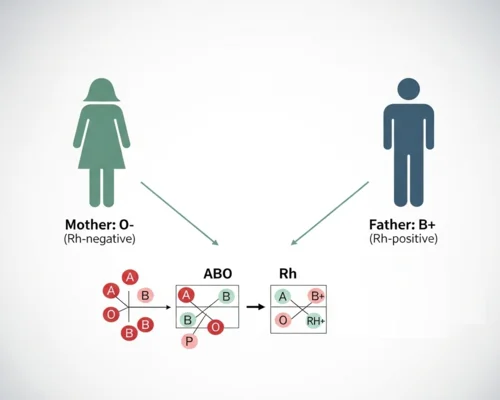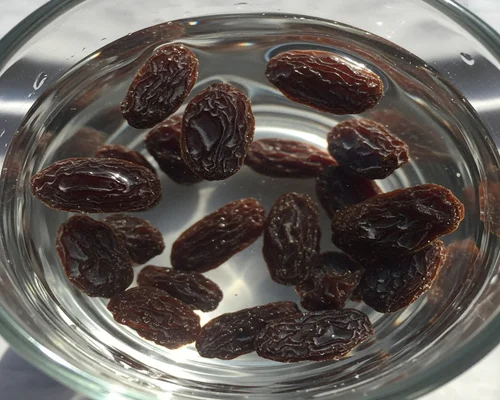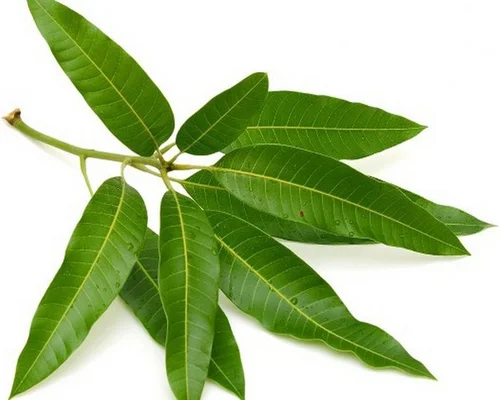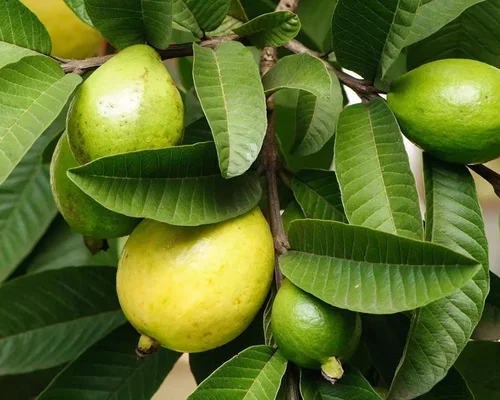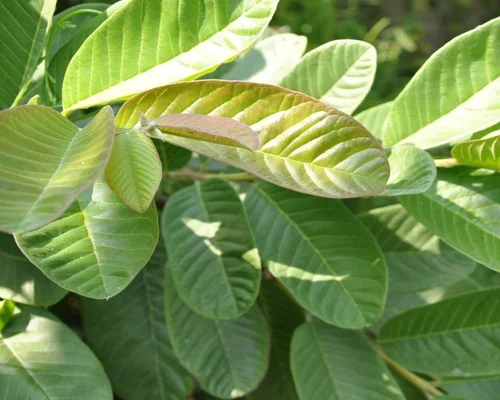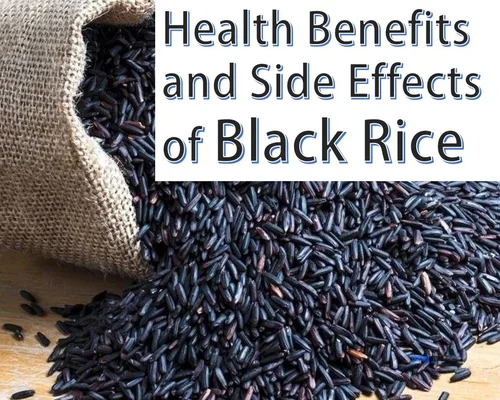
Black Rice Health Benefits and Side Effects
Health Benefits and Side Effects of Black Rice
Black Rice A large amount of this wild rice is cultivated in China. This rice is rich in anthocyanin, protein, minerals and folate. This rice takes time to boil and requires at least three times as much water as three rice.
Health Benefits of Black Rice
Black rice is a type of rice. It is not fundamentally different from the agricultural and nutritional point of view, but it has some advantages which are mentioned below:
Nutrition: Black rice can contain protein, vitamins, minerals, folate, iron, magnesium, fiber and other nutrients, which are important for the healthy functioning of the body.
High in protein: Black rice can serve as a good source of protein, which can help build muscle in the body and work to increase weight.
Vitamin A Complex: Black rice may contain vitamin A and vitamin A complex, which are important for eye health, skin health and other body conditions.
Cholesterol control: Black rice can help control cholesterol and play a role in preventing heart disease.
Prevention of Diabetes: Black rice may provide some catabolic enhancement to prevent diabetes and help insulin function normally.
Rich in antioxidants: Black rice contains anthocyanins, the same antioxidants found. These antioxidants help protect the body from oxidative stress and inflammation, reducing the risk of chronic disease.
Heart health: Anthocyanins in black rice are linked to heart health. They can help lower LDL (bad) cholesterol levels, lower blood pressure, and improve overall cardiovascular function. These effects contribute to a lower risk of heart disease.
Anti-inflammatory properties: Antioxidants and phytonutrients in black rice have anti-inflammatory properties. Chronic inflammation is linked to a variety of diseases, including heart disease, diabetes and cancer. Eating foods with anti-inflammatory properties can help reduce this risk.
High in fiber: Black rice is a good source of both soluble and insoluble dietary fiber. Fiber is essential for digestive health, as it helps prevent constipation and promotes regular bowel movements. It also contributes to the feeling of fullness, helps control weight.
Weight management: The fiber content in black rice can help with weight management by increasing satiety and reducing overall calorie intake. Additionally, the complex carbohydrates in black rice provide a sustained release of energy, helping to stabilize blood sugar levels.
Potential anti-cancer properties: Some studies suggest that compounds found in black rice may have anti-cancer properties. Anthocyanins and other bioactive compounds may help inhibit the growth of cancer cells and reduce the risk of certain types of cancer.
Rich in vitamins and minerals: Black rice contains essential vitamins and minerals including iron, manganese, zinc, phosphorus and B vitamins. These nutrients are important for maintaining overall health, supporting immune function and promoting energy metabolism.
Gluten-free: Black rice is naturally gluten-free, making it a perfect option for people with gluten sensitivity or celiac disease.
It is important to note that while black rice offers many health benefits, it should be consumed as part of a balanced and varied diet. As with any diet, moderation is key.
However, a person should eat a balanced combination of health and nutrition regularly. It is important to always ask a doctor for healthy and detailed diet advice on any food combination.
Health Side Effects of Black Rice
Although black rice is generally considered a nutritious food with several health benefits, it is important to be aware of potential side effects or considerations, especially if consumed in excessive amounts or by individuals with certain health conditions. Here are some considerations:
Arsenic content: Like brown rice, black rice contains arsenic that occurs naturally in the environment. Arsenic levels can vary based on rice growing regions and farming methods. Long-term exposure to high levels of arsenic has been linked to a variety of health problems, including an increased risk of some cancers and skin lesions. To reduce exposure to arsenic, it is recommended to wash rice thoroughly before eating and cooking different types of grains.
Calorie density: Although black rice is a nutritious whole grain, it is calorie-dense. Consuming too much of it can contribute to weight gain, regardless of overall calorie intake. Maintaining a balanced diet and practicing portion control are essential.
Possible GI discomfort: Some individuals may experience gastrointestinal discomfort, such as bloating or gas, when consuming high-fiber foods such as black rice. Gradually increasing fiber intake and ensuring adequate water intake can help alleviate such symptoms.
Drug interactions: Some compounds in black rice, such as antioxidants, may interact with medications or affect conditions such as blood clotting.
Phytic acid content: Like other whole grains, black rice contains phytic acid, which can bind to minerals like iron and zinc, reducing their absorption. Although phytic acid has antioxidant properties, people with iron or zinc deficiency should ensure a balanced diet with a variety of nutrient sources.
Allergies or sensitivities: Although rare, some individuals may be allergic or sensitive to certain ingredients in black rice. If you experience any adverse reactions, such as itching, swelling or difficulty breathing, seek medical advice.
As with any diet, moderation is key, and individual responses may vary.

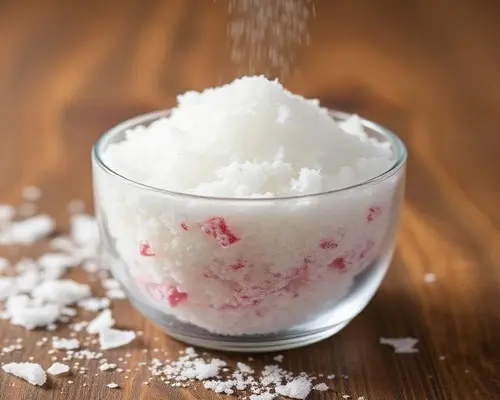


-vegetable.webp)




